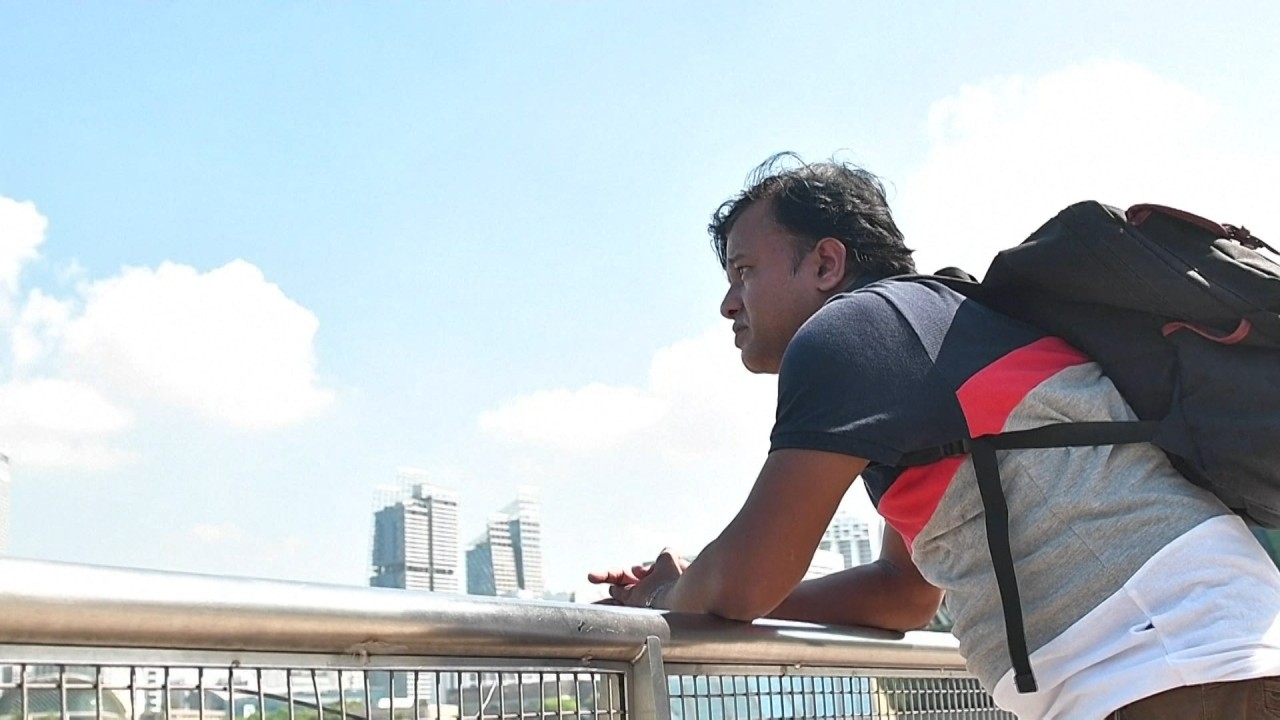The annual TIP report issued by the US State Department, ranks governments based on their efforts to acknowledge and combat human trafficking and remains one of the few global indices with teeth as it can trigger US sanctions for the worst offending nations.
Upgrading Malaysia to Tier 2, the report said the country had yet to meet the minimum standards for the elimination of trafficking but had “demonstrated overall increasing efforts compared with the previous reporting period” to do so, including through trafficking probes and convictions of criminals and corrupt public officials.
But migrant advocates were swift to decry the apparent reprieve for Malaysia by the influential US ally.
The “upgrade is disappointing and raises genuine concern about the legitimacy and accuracy of the US government’s country-based human trafficking assessments,” migrant activist Andy Hall said.
The flaws in the migrant recruitment process partly-run by criminals showed a system which allows impunity for corrupt actors who anchor the multibillion-dollar labour supply chain between Bangladesh and Malaysia, he added.
In April, a panel of UN rights experts said the conditions of Bangladeshi migrants were “unsustainable and undignified” warning that “certain high-level officials” in both Malaysia and Bangladesh “are involved in this business or condoning it.”
“This is unacceptable and needs to end,” the experts said.
The Malaysian public was left stunned at the end of May as thousands of migrant workers from Bangladesh crushed into Kuala Lumpur’s International airport to beat a hard deadline for new labourers to enter.
But many more were shut out from being able to work in the Southeast Asian country and send millions of dollars in crucial remittances, despite paying exorbitant fees to agents for visas.
There are renewed fears of similar chaos and exploitation when the job quotas reopen, after the same company – Bestinet Foreign Worker Management System (FWCMS) – which has steered the system for the last six years was awarded another three-year contract.
Migrant activist Adrian Pereira at the North-South Initiative in Kuala Lumpur said despite the TIP upgrade, the Malaysian government still has to sort out other “blunders” in how it handles migration.
Successive Malaysian administrations have refused to adopt proposals made by the Independent Committee on the Management of Foreign Workers that was filed by a committee of former judges, lawyers and other experts as early as 2019.
“They refused to adopt the recommendations, meaning either the politicians or the civil servants were conniving to ensure the status quo,” Pereira said.
He added that such a status quo can no longer be allowed to stand, saying that migrant workers are getting smarter in capturing evidence of their mistreatment and more lawyers and organisations are stepping up to defend them to get justice.
“[Anwar Ibrahim’s administration] has to take it seriously, they can’t think that they can do business as usual,” Pereira said.
The Malaysian government through its home ministry welcomed the upgrade, calling it a “very significant” recognition of its effort against human trafficking.
“This success is the result of the efforts of various stakeholders who also made meaningful contributions and continue to succeed in the agenda of combating human trafficking in Malaysia,” the ministry said in a statement.


